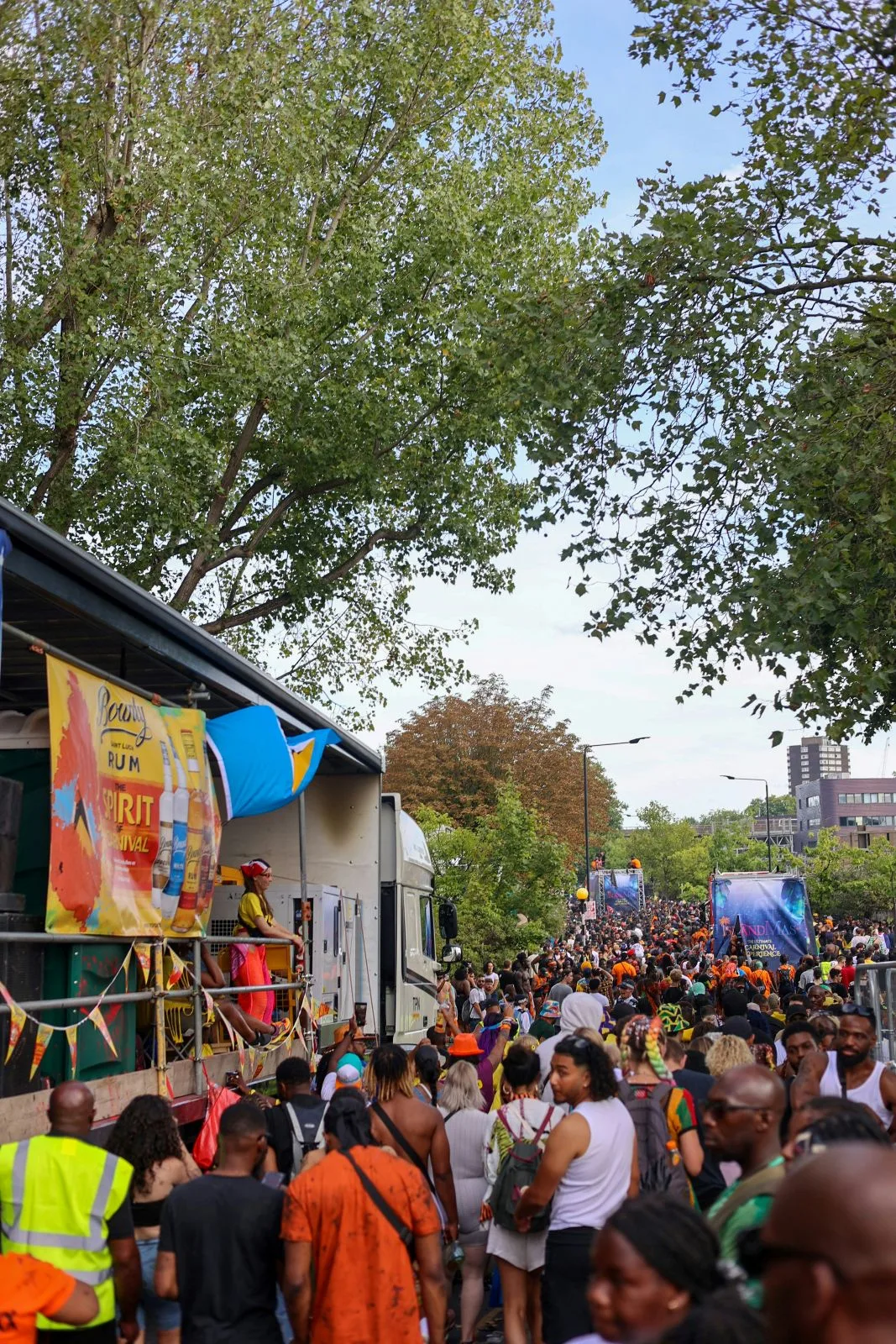
Introduction: A Region of Rich, Diverse Traditions
Top Cultural Experiences in the Caribbean
1. Carnival Celebrations – Trinidad, Jamaica, Barbados
-
Rooted in African emancipation and European masquerade traditions.
-
Expect street parades, calypso bands, costumes, and nonstop dancing.
-
Best time: February–March; plan ahead for accommodation and events.
2. Reggae and Rastafari Culture – Jamaica
-
Visit the Bob Marley Museum in Kingston, and explore Nine Mile, his birthplace.
-
Learn about Rastafarian beliefs, ital food, and the powerful role of music.
-
Don’t miss local sound systems and reggae beach parties.
3. Garifuna Heritage – Belize and Honduras
-
Afro-Indigenous people with unique language, drumming, and dance.
-
Visit Dangriga (Belize) or La Ceiba (Honduras) for cultural immersion.
-
November 19: Garifuna Settlement Day is a must-experience.
4. Creole Culture – Martinique & Guadeloupe
-
Blend of French, African, and Caribbean traditions.
-
Enjoy Creole cuisine, local zouk music, and historic plantation sites.
-
Explore open-air markets and art galleries in Fort-de-France.
5. Santería & Afro-Cuban Rituals – Cuba
-
Afro-Caribbean religious tradition blending Yoruba spirituality and Catholicism.
-
Learn through museum visits or community tours in Havana and Santiago de Cuba.
-
Experience sacred drumming, altars, and ceremonies (with local guidance).
Cultural Highlights by Island
Cuba
-
Classic cars, salsa dancing, Afro-Cuban religion, cigar-making heritage.
Puerto Rico
-
Bomba and plena music, San Sebastián Street Festival, Taino heritage.
Dominican Republic
-
Merengue, Bachata, sugarcane plantation history, indigenous Taíno culture.
Haiti
-
Vodou tradition, Jacmel Carnival, rich visual arts.
St. Lucia
-
Kwéyòl culture, Creole Day, folk storytelling, and cooking.
Insider Tips for Cultural Immersion
-
Eat local: Skip resort buffets and try roadside jerk stands, Creole stews, or roti shacks.
-
Visit during festivals: Plan around Carnival, Creole Week, or local holidays.
-
Take a walking tour: In places like Old San Juan, Havana, or Bridgetown, go with a cultural guide.
-
Learn local terms: Each island has unique dialects and expressions. A few phrases go a long way.
Book Cultural Adventures
Summary
Exploring the culture and traditions of the Caribbean means diving into a kaleidoscope of heritage—where every island invites you to dance, taste, and connect. From Carnival revelry and reggae roots to Afro-Caribbean spirituality and Creole cuisine, there’s no shortage of soulful, immersive travel experiences.
FAQs
Q: Which Caribbean island has the richest cultural experiences?
A: It depends! Jamaica (music), Trinidad (Carnival), Cuba (Afro-Cuban culture), and Martinique (Creole heritage) are all rich in different ways.
Q: Are there cultural tours available on the islands?
A: Yes—many offer guided tours focused on food, history, music, and religion. Look for local or community-run options.
Q: Is it safe to attend festivals as a tourist?
A: Generally yes, but stick to well-known routes, go with locals or guides, and avoid wearing valuables.
Q: Can I take part in Afro-Caribbean ceremonies?
A: Yes—but always with respect. Go with guides who have permission and offer educational context.
Q: What’s the best time to visit for cultural events?
A: February–March (Carnival), late October (Creole Heritage Month), and mid-November (Garifuna Settlement Day) are highlights.
